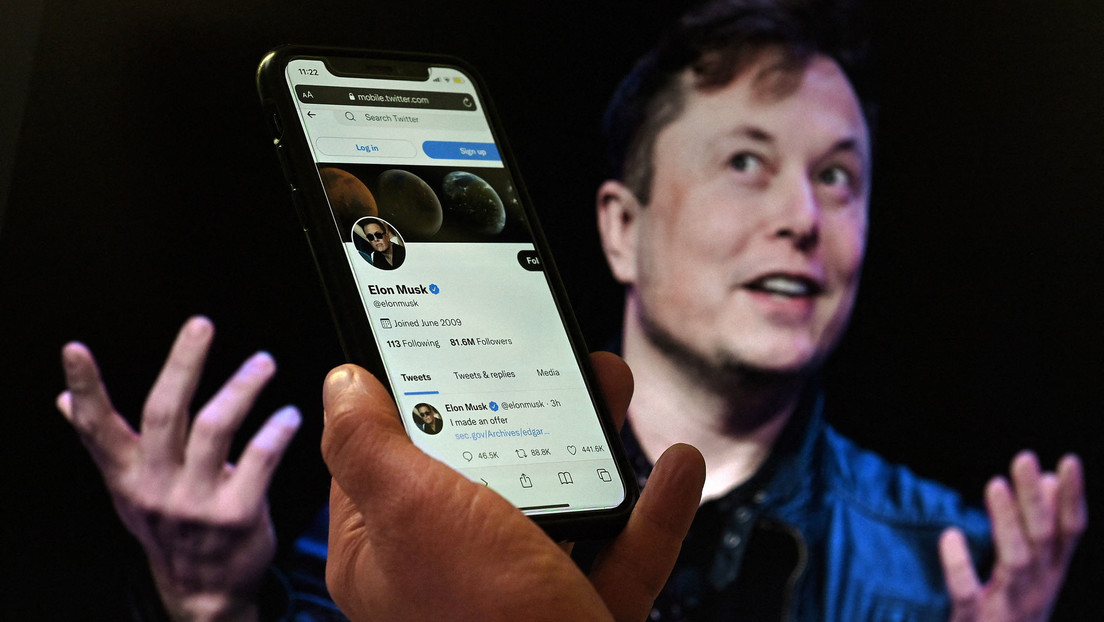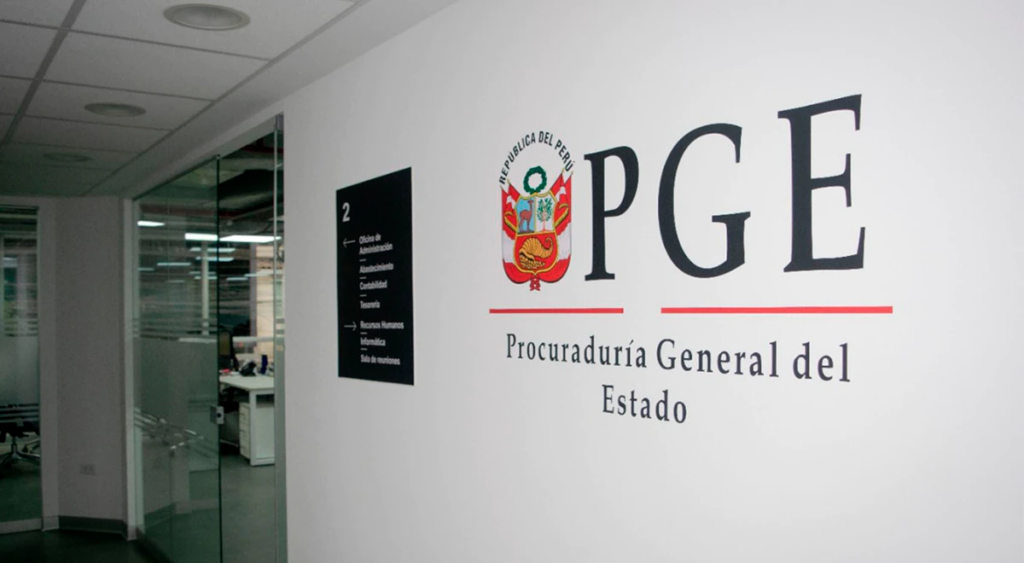“Let’s put aside the rhetoric and go to the heart of the matter,” exclaimed US judge Kathaleen McCormick, after more than three hours of arguments in the preliminary hearing held via Zoom.
Lawyers for the world’s richest man again demanded access to more data about the fake or automated accounts, which formed the core of their client’s arguments for not acquiring the platform.
They believe that Twitter is asking for too much information about its relations with Peiter Zatko, the social network’s former security chief turned whistleblower, who this summer accused his former company of hiding computer vulnerabilities and lying about its fight against fake accounts.
At the beginning of July, the San Francisco-based group launched a lawsuit against Musk, to force him to comply with the acquisition agreement signed at the end of April.
According to the board of directors, the proportion of spam on the platform is a pretext used by the businessman who in reality would have changed his mind when he saw the drop in the value of companies on the stock market in recent months.
Twitter’s lawyers denied Tuesday that they were abusing attorney-client privilege to withhold certain documents.
They must interrogate the tycoon in a closed-door statement that has been rescheduled for October 6 and 7, according to various press reports.
The trial is scheduled to begin on October 17 in a specialized court in the state of Delaware, on the east coast of the United States, and will last five days.
The market has been giving Twitter an advantage for a long time, since Delaware law is a priori favorable to the fulfillment of contracts. And the judge presiding over the case, Kathaleen McCormick, granted the company a speedy trial, while the billionaire wanted to wait until next year and asked for astronomical amounts of data.
But the whistleblower’s surprise intervention added a new dimension to the case, as the judge allowed Musk to include the new allegations in his arguments.
The court battle could lead to “a settlement, the payment of breach of contract fees, an obligation to buy Twitter as planned, and a myriad of other outcomes,” Dan Ives of Wedbush Securities said in a note Tuesday.
The analyst also continues to believe that “it is possible that the parties negotiate behind the scenes.”

















